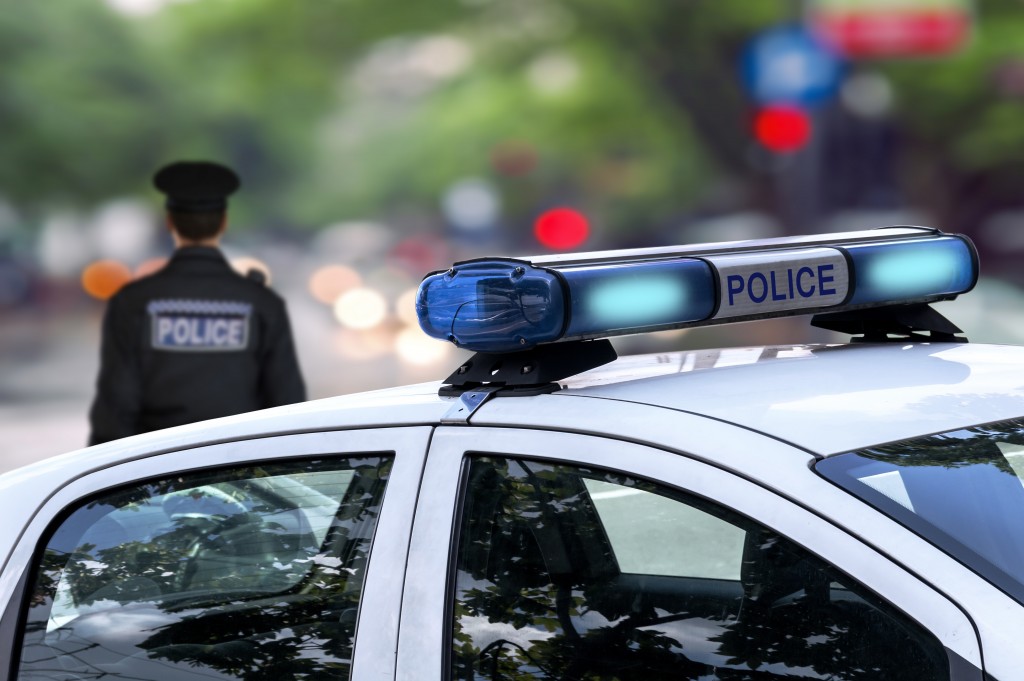You will ordinarily go to great lengths to ensure your safety and that of other road users when driving. At times, however, you might find yourself accused of vehicular manslaughter, also called vehicular homicide. This marks one of the most severe charges a driver faces since it involves someone’s death. Vehicular manslaughter is, in most cases, tied to charges of driving under the influence and reckless driving, among other acts.
Owing to the crime’s severity, getting an auto accident attorney based in Everett involved in your case from the get-go is essential. Most people assume that after police investigations, they will be exonerated and will thus postpone talking to an attorney until they believe they need one. Unfortunately, by this time, most of their statements have hurt their case and sealed their guilty fate. Immediately after the crash, your lawyer will guide you through what you should or should not say and how to handle yourself in interrogation. The following are among the defenses that might apply to your vehicular manslaughter charge.
Exclusion of Incriminating Evidence
Your attorney will often attempt to exclude all forms of incriminating evidence against you. The most common are test results that show your blood alcohol levels are above 0.08. Your defense attorney might want them excluded based on the violation of your constitutional rights when obtaining a sample or failure to comply with evidence collection procedures. With the incriminating evidence against you shot down, the prosecution’s case against you will be weakened.
You Were Not Negligent
In vehicular manslaughter charges, proving negligence is quite tricky. The definition of negligence in these charges generally refers to a standard of behavior deemed unreasonable for someone. Driving requires you to make several quick decisions. You might, for instance, veer off the road to avoid a seemingly inevitable head-on collision that will result in multiple deaths but end up hitting one person on the sidewalk. Your attorney will aim to prove that the way you acted in the accident’s causation was the way an ordinary person would have in the same circumstances.
A Medical Condition Caused Your Actions
Driving with a pre-existing medical condition that impairs your ability to do so is not a defense to vehicular manslaughter. At times, however, you can have a flare-up of an existing medical condition that ordinarily poses no threat when driving. Some people, for instance, get a heart attack when driving when battling cardiovascular diseases and lose control of the vehicle. In this case, your actions are beyond your control.
Lack of Causation

The attorney can also set out to prove there is no relation between an accident’s causation and your actions. The existence of potholes on the road or dangerous driving conditions like slippery roads and malfunctioning vehicle parts might be the contributing elements to your car accident. In these cases, the lack of causation between your actions and the crash will exonerate your guilt.
The criminal consequences of a vehicular manslaughter conviction are the same as those of a felony. Sentences run from 2-20 years, and the conviction goes on your permanent criminal record. The above defenses are thus all the more critical and should be handled by the best-skilled lawyers.

